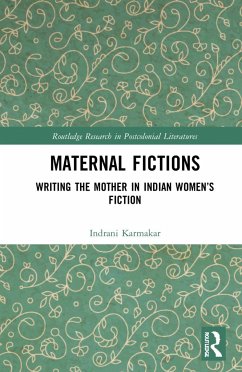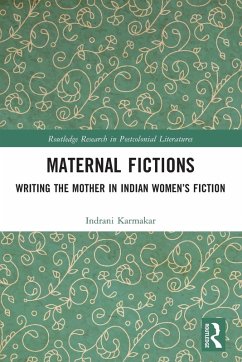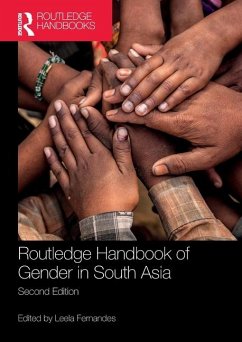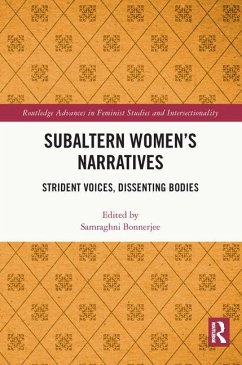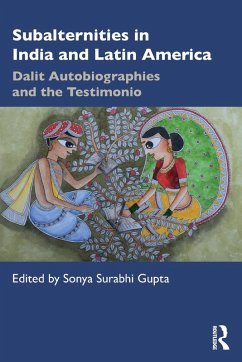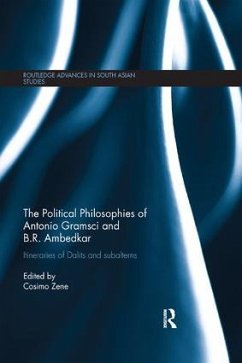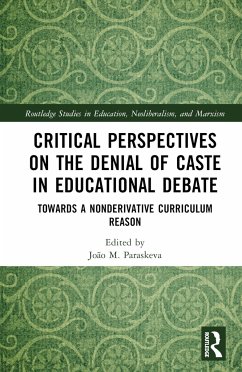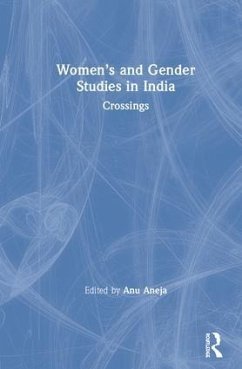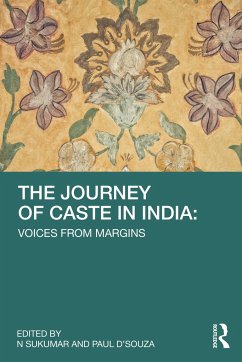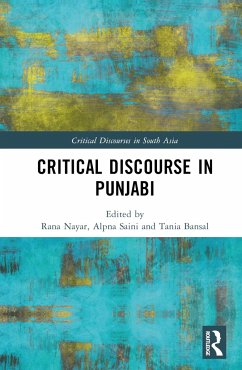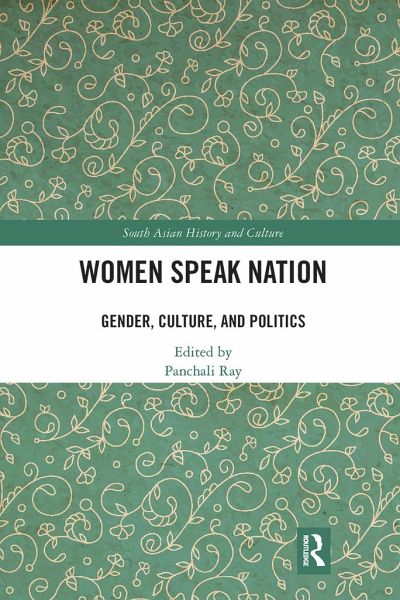
Women Speak Nation
Gender, Culture, and Politics
Herausgegeben: Ray, Panchali
Versandkostenfrei!
Versandfertig in 6-10 Tagen
45,99 €
inkl. MwSt.

PAYBACK Punkte
23 °P sammeln!
Women Speak Nation underlines the centrality of gender within the ideological construction of nationalism. The volume locates itself in a rich scholarship of feminist critique of the relationship between political, economic, cultural, and social formations and normative gendered relations to try and understand the cross-currents in contemporary feminist theorizing and politics.The chapters question the gendered depictions of the nation as Hindu, upper caste, middle class, heterosexual, able-bodied Indian mother. The volume also brings together interviews and short essays from practitioners and...
Women Speak Nation underlines the centrality of gender within the ideological construction of nationalism. The volume locates itself in a rich scholarship of feminist critique of the relationship between political, economic, cultural, and social formations and normative gendered relations to try and understand the cross-currents in contemporary feminist theorizing and politics.
The chapters question the gendered depictions of the nation as Hindu, upper caste, middle class, heterosexual, able-bodied Indian mother. The volume also brings together interviews and short essays from practitioners and activists who voice an alternative reimagining of the nation.
The book will be of great interest to scholars and researchers of gender, politics, modern South Asian history, and cultural studies.
The chapters question the gendered depictions of the nation as Hindu, upper caste, middle class, heterosexual, able-bodied Indian mother. The volume also brings together interviews and short essays from practitioners and activists who voice an alternative reimagining of the nation.
The book will be of great interest to scholars and researchers of gender, politics, modern South Asian history, and cultural studies.





